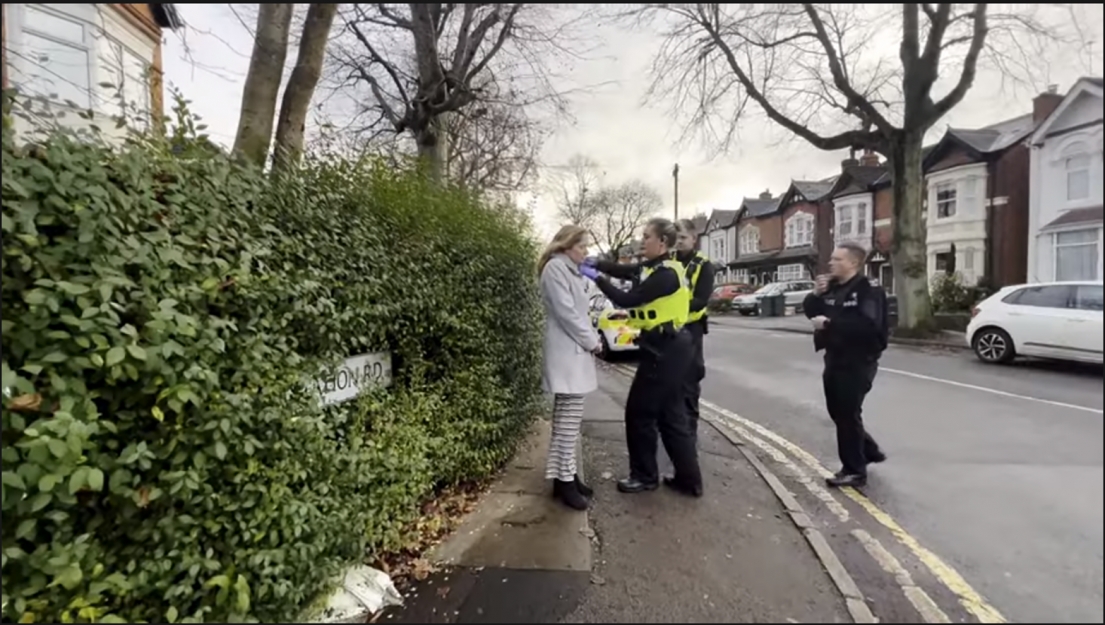"Buffer Zones" Clause in England and Wales Criminalize Silent Prayer or "Influence" Around Abortion Clinics

On March 7, the House of Commons voted to comprehensively introduce buffer zones around abortion clinics to the Public Order Bill for the final time. The clause to the bill was approved by a majority of 299 MPs in favor to 116 against. Now that the Public Order Bill is set to become law, any form of "influence" around abortion clinics will be criminalised, including silent prayer or consensual conversations, de facto making "thought crime" a reality in the UK. Experts have commented that while harassment and intimidation are already illegal, this law would be a serious attack on freedom of speech and freedom of thought.
The discussion to introduce a "buffer zones" clause to the Public Order Bill, affecting England and Wales, had been taking place since May last year, and similar legislation had already been passed in Northern Ireland in 2022. Now it has finally been approved despite the fears that this would represent the introduction of a "thought crime" into law, since the clause does not contain any exception allowing silent prayer inside the buffer zones, among other non-coercive actions. An amendment to permit silent prayer and consensual conversations within the censorship zones were proposed by Andrew Lewer MP, but failed to pass. As a result, the bill will now move on to receive royal assent, after which it will become law.
MP Andrew Lewer also wrote an article commenting on the dangers of this law:
"The litmus test of a free and democratic British society is whether we can tolerate and withstand public conversation on issues about which there is deep division and strong emotion. But even if you think these praying people are pests, think about the implications of introducing a ban on their peaceful speech, even their silent thought". (Express.co.uk)
A recent example of what this law put into practice on a country-wide scale was the arrest of a Birgminham charity worker back in December for "praying in her mind" near to an abortion clinic, in application to local laws. Charges were then dropped but then she was again arrested for the same reason in March 2023.
Jeremiah Igunnubole, Legal Counsel for ADF UK, a legal organisation working to promote fundamental freedoms, said: "Today’s vote marks a watershed moment for fundamental rights and freedoms in our country. Parliament had an opportunity to reject the criminalisation of free thought, which is an absolute right, and embrace individual liberty for all. Instead, Parliament chose to endorse censorship and criminalise peaceful activities such as silent prayer and consensual conversation."
Similarly, Bishop John Sherrington has also written a statement of concern in name of the "Bishops for Life Issues":
"There is a risk, despite any other intent, that existing and proposed measures constitute discrimination and disproportionately have an impact on people of religious faith. Its implications extend beyond the perimeters of an abortion service and raise questions about the state’s powers in relation to the individual in a free society, both those with faith and those without.
All harassment and intimidation of women is to be condemned. Moreover, as accepted in a 2018 Home Office Review, there are already laws and mechanisms in place to protect women from such unacceptable behaviour and so render this Clause unnecessary and excessive." (St. Joseph Derby)
Despite the fact that the most recent government review (2018) found that censorship zones would be an unnecessary and "disproportionate" restriction on rights given that harassment is already illegal under current law and that incidents of harassment outside abortion facilities were found to be "rare," the vote still went forward.
Sources: ADF UK; House of Commons Library, Express.co.uk, St. Joseph Derby
Photo: ADF UK